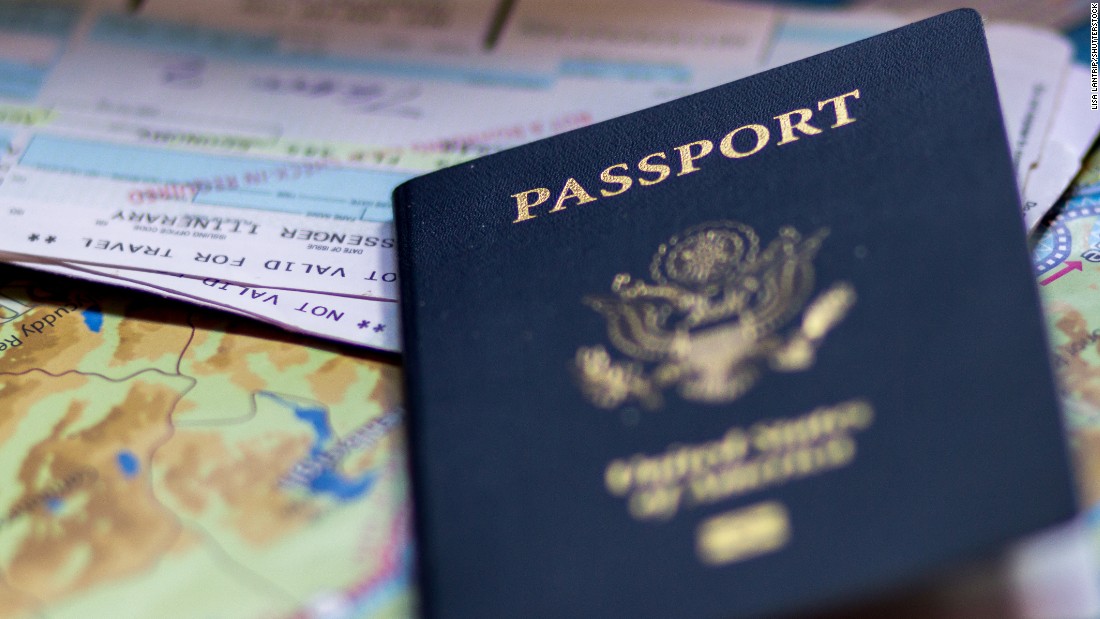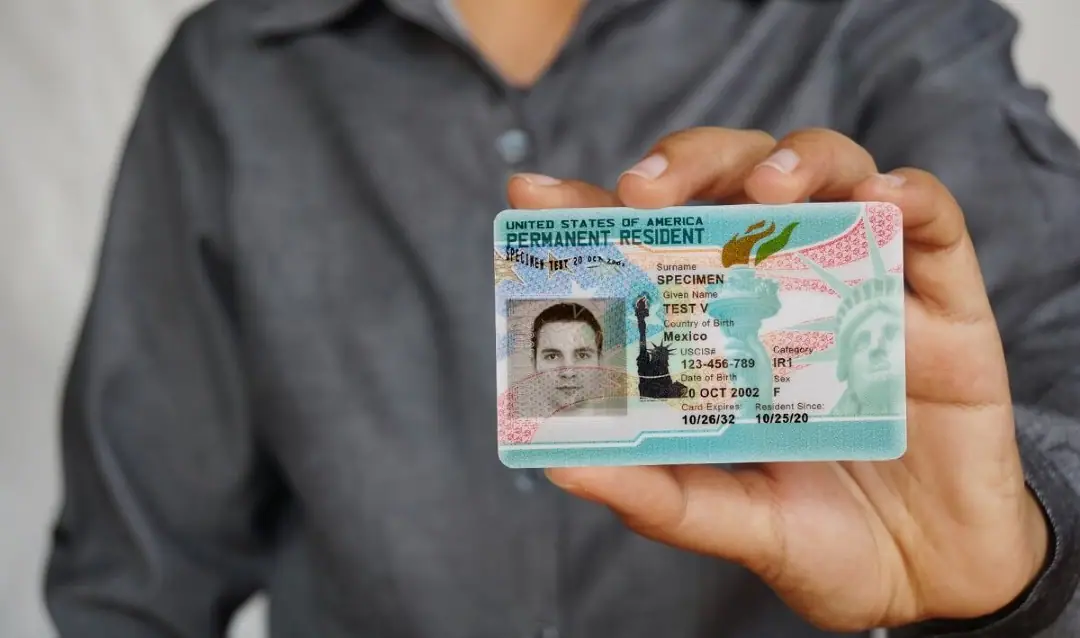Being placed into immigration detention or receiving notice of an immigration hold can be an extremely stressful and uncertain experience. However, there are steps you can take to protect your rights and explore your options. This guide provides an overview of practical measures to consider if you or a loved one are impacted by immigration detention or an ICE hold.
First and foremost, do not panic. Although the situation is serious, overreacting will not help. Try to stay calm and focused in order to make wise choices. If you were arrested and received an immigration hold, you may be eligible for bond and able to fight your criminal charges from outside of detention. If you are already in immigration detention, you still have options like seeking parole or filing a bond hearing request.
Notify family members and locate important documentation. Alert close family and friends to your situation so they can provide support. Also have them gather identity documents like your passport, birth certificate, marriage license, or other materials that may help support your case. If possible, get originals or certified copies.
Seek legal guidance. Connect with an immigration attorney as soon as possible. Immigration law is complex so you need expert advice about your rights, options, and how to build the strongest case possible. If you cannot afford a private attorney, research low-cost or free legal aid resources in your area.
Ask about the details of your hold. Find out from authorities or your attorney exactly why the immigration hold was issued. This could relate to prior charges, an existing removal order, visa overstay, or other reasons. The more details you know, the better you can respond strategically.
Consider legal remedies. Based on your situation, your attorney may recommend legal actions like filing a bond hearing request, seeking parole, requesting a stay of removal, adjusting status, or appealing a removal order. Look closely at all avenues for potential relief or release from detention.
Compile evidence and documents. Work closely with your attorney to pull together materials that humanize you and show your ties to the community. This can include tax records, pay stubs, letters of support from employers or family, rehabilitation completion records, or evidence of health conditions that require treatment.
Seek alternatives to detention if possible. In some cases, ICE may allow for an alternative to detention like electronic monitoring or regular check-ins. This allows you to continue fighting your case while living at home. Ask your attorney whether you may be eligible.
Remain patient and compliant. The legal process often moves slowly. Do your best to stay positive day-to-day and avoid actions that could undermine your case, like getting into confrontations while detained. Focus on taking the right legal steps forward.
Use detention time productively. If possible, use time in detention to study up on immigration law, work on your case, write letters to loved ones, and stay mentally and physically active. This can help manage stress and prepare you for next steps.
Lean on your support networks. Reach out to loved ones, faith communities, immigrant advocacy groups, and social services organizations. They can visit, help fund legal fees, write letters, hire experts, and bring other resources to bear. You do not have to go through this alone.
Being detained or receiving an immigration hold is difficult. But taking the right steps can help ensure your rights are protected. Stay calm, get legal help, learn your options, and keep fighting forward one day at a time. There are people ready to help.







